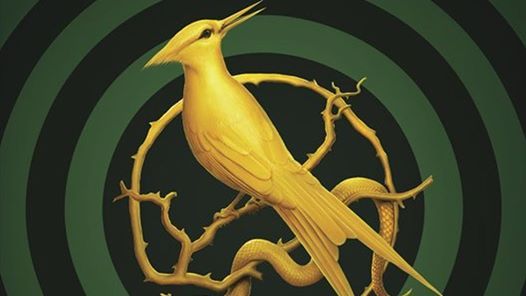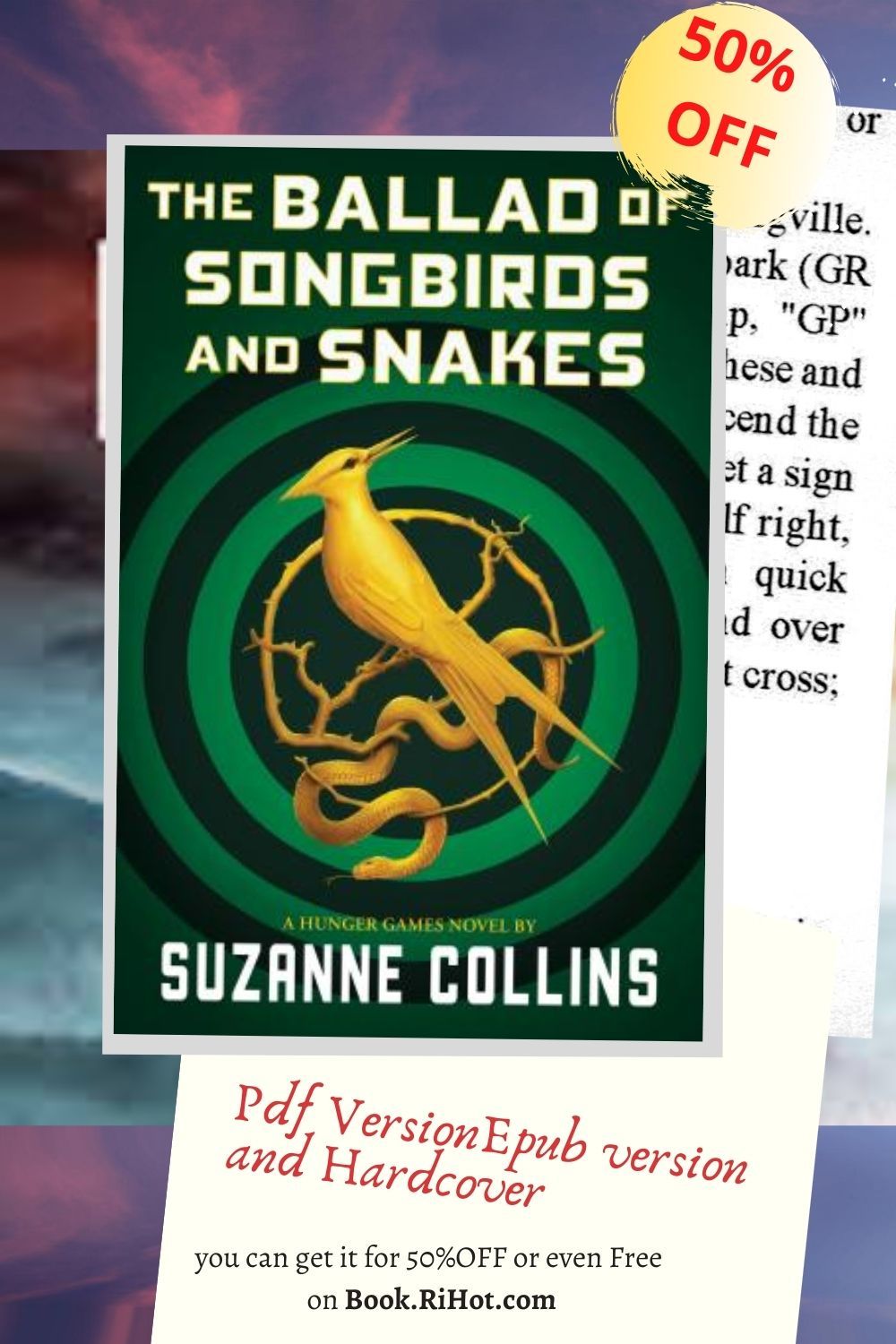
As the quotes in The Ballad of Songbirds and Snakes’ epigraph indicate, Collins wants to explore the tension between nature and nurture in transforming Coryo into the vile creature he becomes. Her Coriolanus (or Coryo, as his friends and family call him), although wronged in some instances, doesn’t invite pity. Collins seemingly has little interest in demonstrating how alienation and a series of traumas can lead to a character’s romantically tragic embrace of evil.

Readers of YA are famously finicky in their demand for likable protagonists, and there is zero chance that anyone who ends up as the ghastly President Snow in The Hunger Games will have much appeal as a vicarious best friend. Unlike those characters, he has no fanbase. Snow, being prosaically old and in charge, lacks either the dark mystery of Darth Vader or the rebellious élan of the Joker. She was designed to suffer through no fault of her own, and in her suffering to embody the trials of every adolescent thrust into this fallen, adult-made world.Įxploring a villain’s origins is far less common in YA fiction than it is in other areas of pop culture. (Each novel in the trilogy features at least one scene in which Katniss, a simple country maiden named after a wildflower, is compelled to undergo a glamorous makeover described in great detail.) I confess, I soon tired of Katniss, who seems too good to be either true or very interesting, but then she was not designed for me. So in order for the reader to vicariously enjoy these pleasures, they must be forced upon her, even as Katniss insists that all she cares about is her family and a quiet life. In order to be good in an acceptably selfless feminine way, Katniss must not want too much of anything: power, fame, fancy clothes, the admiration of cute boys. That is to say, their binding element is Katniss Everdeen, a heroine whose virtues are involuted to say the least.

The Best Part of HBO’s Abominable New Show The Story Behind the Flamin’ Hot Cheetos Movie Is a Bunch of Baloney What It’s Like to Play the “Other Guy” in the Year’s Best Love Story What Americans Are Missing About Hannah Gadsby’s “Comedy” The books make no political or sociological sense, but their emotional coherence is bulletproof.

The torments of youth-of negotiating a world of cruel peers and arbitrary adult power and hypocrisy-bind together the elements of The Hunger Games more fiercely than a more fully imagined alternate reality ever could.


 0 kommentar(er)
0 kommentar(er)
